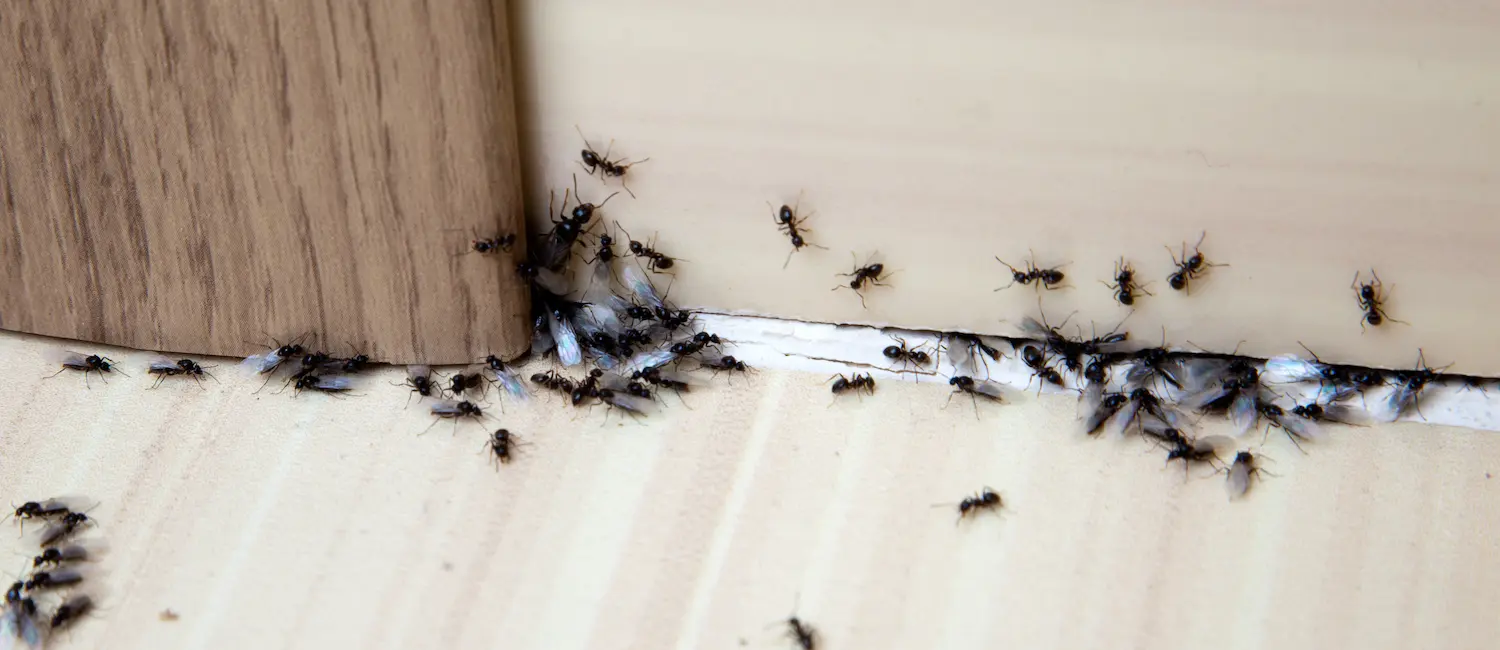This article is aimed at tenants who are facing bug infestations in their rental properties and want to understand their rights while holding landlords accountable. Readers will find valuable information on tenant rights and landlord responsibilities, as shared by real estate experts Jonathan and Drew Scott, known for their expertise on HGTV’s “Property Brothers.
Tenant’s Rights: Dealing with Bug Infestation and Landlord Responsibilities
Gain clarity on your tenant rights and the role of landlords in addressing bug infestations. In this article, we explore the advice provided by real estate experts Jonathan and Drew Scott, who shed light on tenant-landlord dynamics when dealing with pest problems.
Knowing Your Rights: Insights from Jonathan and Drew Scott
As a tenant, facing bug infestations can be a frustrating and unsettling experience. Jonathan and Drew Scott, celebrated real estate experts and hosts of HGTV’s “Property Brothers,” offer invaluable insights into your rights as a tenant and the responsibilities of landlords in resolving bug infestations. In this article, we delve into essential information to help you navigate this challenging situation effectively.
Tenant Rights in Bug Infestations
When dealing with bug infestations, tenants have rights that protect their living conditions. The right to a habitable dwelling is paramount. Bugs compromise your comfort and well-being, and as a tenant, you have the right to live in an environment free from pests. Additionally, the right to timely repairs extends to bug infestations. Landlords are obligated to address the issue promptly and effectively, ensuring that your living conditions are restored.
Landlord Responsibilities in Pest Management
Landlords hold a significant responsibility in maintaining the habitability of the rental property. When it comes to bug infestations, landlords are legally obligated to take action. This includes promptly addressing the infestation, taking necessary steps to exterminate pests, and preventing further infestations. By law, landlords are required to provide a safe and pest-free living environment for their tenants.

Communicating the Issue
Effective communication is essential when facing a bug infestation. As recommended by Jonathan and Drew Scott, inform your landlord about the issue in writing. Be detailed and specific, describing the nature and extent of the infestation, as well as its impact on your living conditions. This written communication serves as documentation that can be referred to later in the resolution process.
Requesting Landlord Action
Cite your tenant rights and the responsibilities of landlords when requesting action from your landlord. Reference clauses in your lease agreement that pertain to property maintenance and upkeep. Politely ask for a timeline for resolution and emphasize the urgency of the situation. By providing clear information and referencing legal obligations, you position yourself for a timely response.
Seeking Professional Help
If the infestation persists, it may be prudent to suggest involving professional pest control services. Explain to your landlord that seeking professional help aligns with their responsibility to ensure a pest-free environment. Highlight the importance of resolving the issue comprehensively to prevent recurrence.
Documenting and Follow-Up
Maintain a record of all your communication with your landlord, including dates, responses, and any agreed-upon actions. If the issue continues, politely remind your landlord of your previous discussions and the steps you’ve taken together. By demonstrating your commitment to finding a solution, you emphasize the urgency of the matter.
Understanding Legal Recourse
If your landlord neglects their responsibilities in addressing the bug infestation, it’s essential to understand your legal recourse. Research local tenant laws and regulations to familiarize yourself with your rights. If necessary, consider seeking legal advice or reaching out to tenant advocacy groups for guidance.
Conclusion
Dealing with a bug infestation can be challenging, but armed with the insights from Jonathan and Drew Scott, you can navigate the situation with confidence. Understand your tenant rights, communicate effectively, and hold your landlord accountable for their responsibilities. By doing so, you can ensure a safe, comfortable living environment that aligns with your rights as a tenant.



